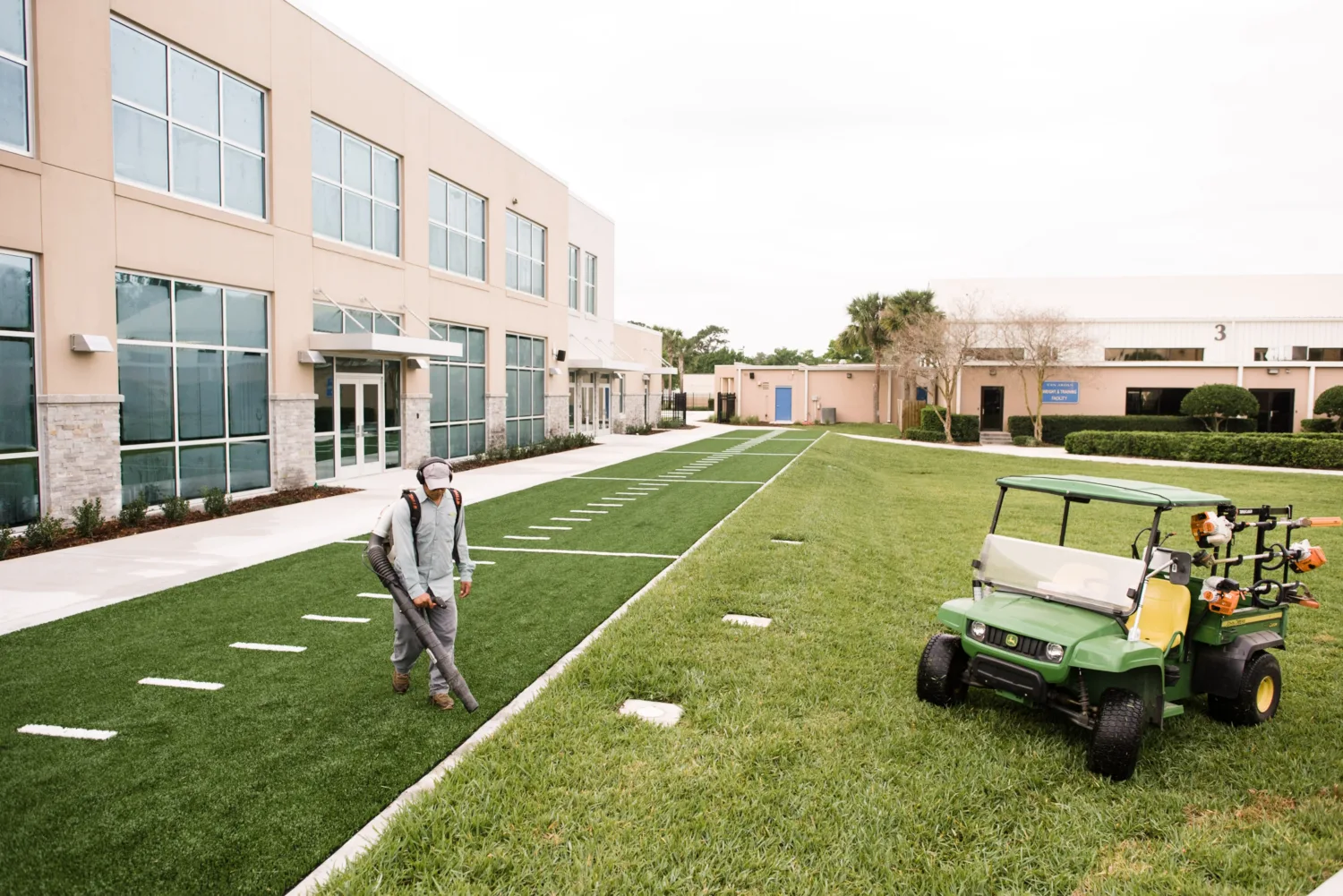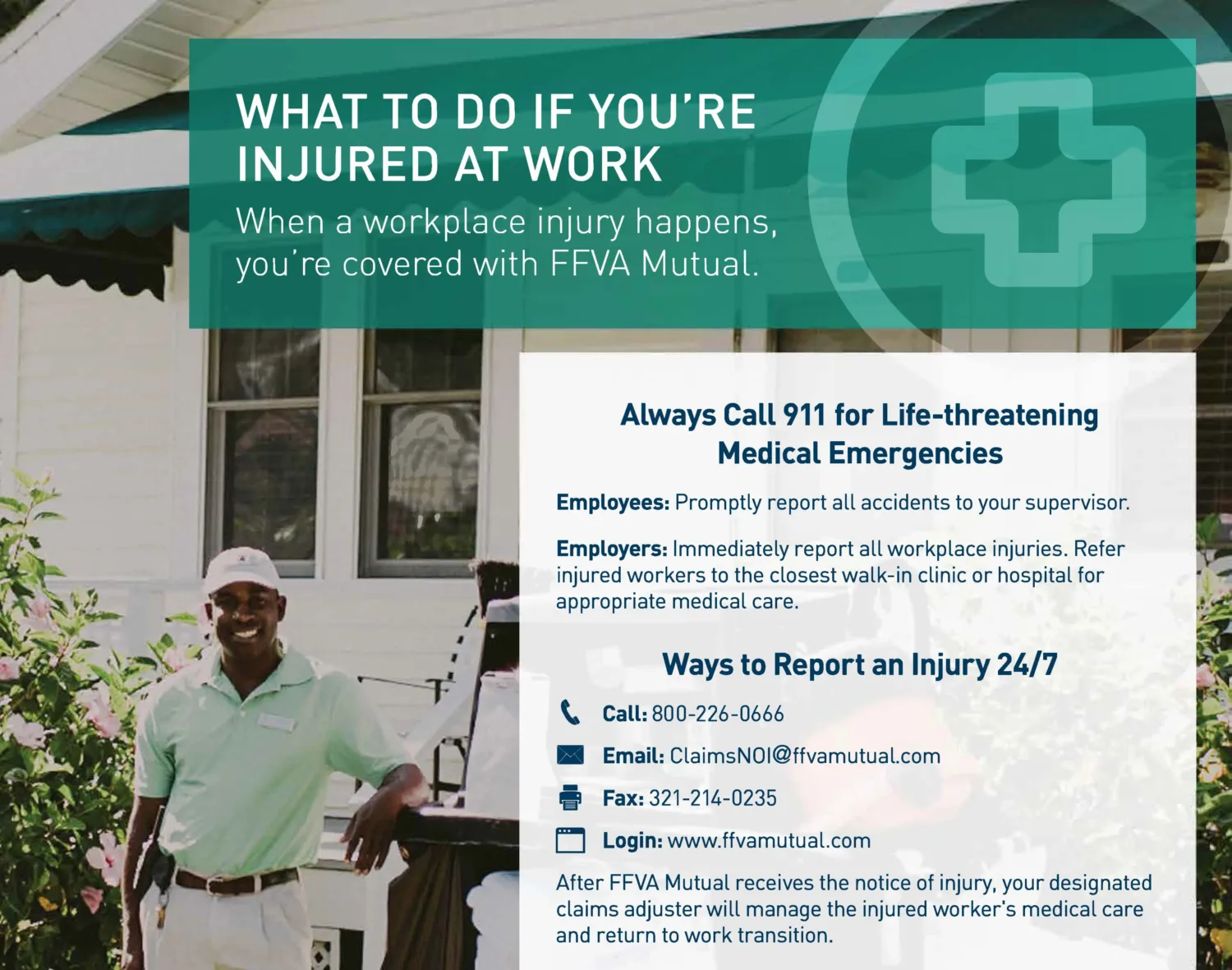Light Duty’s Role in Returning to Work
Light duty assignments play a key role in Return to Work (RTW) programs. They offer flexible accommodations for employees who encounter workplace injuries and illnesses. This modified work is typically less demanding, allowing injured employees to stay engaged while they’re recovering. At times, light duty jobs can seem complicated – after all, every injury and illness comes with different work restrictions. However, once you’re armed with the right information, you may find it’s easier to implement a light duty position than you thought.
What is Modified Light Duty Work?
The term light duty refers to “temporary or permanent work that is physically or mentally less demanding than normal job duties,” according to the U.S. Equal Employment Opportunity Commission. When an injured employee is unable to perform their essential functions, employers can offer light duty assignments designed to ease their return to a full-time schedule. Of course, the type of tasks offered will vary depending on the employee’s medical restrictions and the needs of your business.
Ultimately, the goal of light duty positions is to help transition injured employees back to their regular job duties quickly and safely. By offering temporary or part-time light duty assignments, you can encourage workers to stay engaged with their careers and demonstrate your company’s commitment to their health and well-being.
5 Examples of Light Duty Assignments
- Administrative/office work: Answering phones, data entry, filing records and/or handling mail. These modified duty tasks are particularly suited to injured workers who are organized and able to multitask.
- Cross-training other workers: New hire orientations, peer workshops, safety talks and one-on-one training. These are good opportunities for skilled workers to share their knowledge with others while under a light duty restriction.
- Equipment inspections: Safety checks, gear inspections and proactive equipment repairs. Working at a desk isn’t for everyone, which is why hands-on light duty assignments can be a valuable addition to your Return to Work program.
- Inventory management: Hands-off shipping and receiving work, filing sales ledgers and material recordkeeping. These types of light duty jobs may appeal to boots-on-the-ground workers who are interested in more active support roles.
- Maintenance: Site maintenance, minor repair work and hazard identification. Light duty assignments that place recovering employees in their normal work environments can help improve working conditions and safety practices for everyone.
Alongside these light duty assignments, some employers allow injured workers to keep their existing roles, but modify their regular duties to accommodate their physical limitations or medical needs. No matter which option you choose, it’s important to offer modified work that employees will find meaningful and engaging. This is why a personalized RTW program is such a valuable resource, as light duty jobs can be tailored to the individual needs and preferences of each worker who has experienced an occupational injury.
What Does the Law Say?
A number of state and federal laws, including both the Americans with Disabilities Act (ADA) and the Family and Medical Leave Act (FMLA), directly address light duty assignments and employers’ responsibilities. According to the American Bar Association, the ADA and FMLA do not require companies to offer modified duty roles to injured workers. Even so, the ADA does have a ‘reasonable accommodation’ mandate for any employee who experiences. These options can include paid medical leave or light duty jobs. Overall, it’s important to be aware of employer and employee rights related to transitional work assignments to avoid any regulatory issues.
In terms of OSHA’s recordkeeping requirements, light duty assignments can be considered a recordable restriction in certain scenarios, EHS Today explained. The main exception is when an employee’s physician states that the worker is able to perform all of his or her regular duties and work a full-time schedule. The best way to avoid any confusion is to work with the medical provider to clarify which tasks an injured employee cannot perform, and which light duty jobs they can safely take on.
Here are a few things employers should know about light duty work restrictions:
- Health care providers have the final say when it comes to light duty work restrictions and the types of modified duty tasks recovering employees can perform.
- Some light duty jobs are specifically created for injured workers who are unable to complete essential functions related to their pre-injury roles.
- Although physical work restrictions play a key role in assigning light duty jobs, employers should also consider the possible mental strain placed on recovering employees.
- If a health provider clears an injured worker for light duty assignment but they refuse to return on a modified basis, they may lose their workers’ comp or disability benefits.
Exploring the Benefits for Employers and Employees
Modified or light duty jobs offer numerous benefits for both employees and employers, especially when they are woven into a comprehensive RTW program. It’s important to note, however, that every person involved in an injury claim has a specific role to play in determining which light duty positions should be assigned. Working directly with your claims adjuster can help you understand which workers’ compensation benefits apply, how to safely transition injured workers back to a full-time schedule and why certain modified duties are considered ‘reasonable accommodations.’ When implemented effectively, your light duty strategy can help your company:
- Increase productivity: Injured workers bring their drive and motivation to other jobs and departments. By offering meaningful light duty assignments, you can keep them focused on returning to work quickly and safely while channeling their dedication to complete important tasks.
- Improve morale: Offering light duty jobs shows workers they are a valued part of the company, and other employees may be relieved to see their co-worker back at work. An occupational injury can be tough on a person’s mindset, and letting them be productive and involved helps employees stay motivated and positive, similar to vocational rehabilitation.
- Stabilize your workforce: Bringing an injured worker back in a limited capacity removes the need to hire temporary staff to fill the gap. Every member of your team plays a crucial role in the success of your organization, which is why it’s important to choose light duty jobs that have a real impact on your day-to-day stability.
With this awareness, light duty assignments benefit both employers and employees while reducing costs associated with injury claims, recruitment, dropped productivity and decreased morale. Of course, open communication is essential to finding the right type of light duty positions for each employee following a workplace injury.
Light Duty Assignments FAQ
Although workers’ compensation laws make it easier for employees to receive medical care and cover lost wages, many rely on full-time employment to support their loved ones. The goal of light duty assignments is not to replace workers’ comp or disability benefits, but to provide employees with a clear path back to their jobs.
While working with medical providers, you may encounter gray areas about light duty work restrictions that make it difficult to accommodate recovering employees. Below are some of the most common questions employers have about light duty assignments and the potential impact of occupational injuries:
Can injured workers refuse light duty jobs?
Recovering employees have the right to refuse light duty assignments if their medical provider hasn’t authorized them to return to work. For example, if a worker suffers an occupational injury that prevents them from performing the essential functions of their job, and their doctor hasn’t cleared them for modified duty, they can refuse without penalty.
Workers protected under the FMLA can’t be disciplined or terminated after refusing to perform light duty jobs. However, if a health care provider approves an employee’s return with light duty work restrictions but they still refuse, they could lose their workers’ comp and disability benefits.
What are employees paid for light duty assignments?
Typically, employees are paid their usual salary when performing light duty jobs. Employees who earn an hourly wage are often compensated based on the number of light duty hours worked. To prevent any compliance or regulatory issues, employers should understand how state laws and other programs may influence light duty pay.
For example, Tennessee currently has a Temporary Partial Disability provision that helps make up the difference between light duty wages and an employee’s pre-injury pay rate, though the benefits are capped at 66 2/3% of the lost income. These types of support programs not only help employees recoup lost wages, they also allow employers to save on labor costs while providing opportunities for modified duty work.
Do employers have to allow workers to return to their original roles post-recovery?
Light duty assignments are not a mandatory requirement, but the workers’ comp protections that run parallel to these modified roles are. Employers can’t take any action that would penalize a recovering employee for using workers’ comp or disability benefits. Denying workers the right to return to their regular duties after recovering could result in legal trouble, which is why most companies offer reemployment once their light duty work restrictions are lifted.
Building an Effective Light duty Program
The workers’ compensation system is both broad and complex, making it challenging to create proactive support programs that check all the boxes. At FFVA Mutual, we believe that Return to Work programs and light duty jobs play a leading role in workplace safety. That’s why we collaborate with our policyholders and agency partners to develop personalized light duty assignments and programs that are compassionate, effective and flexible.
Are you an employer looking to discover more about light duty jobs and successful Return to Work programs or starting from the ground up? FFVA Mutual’s Return to Work eBook, Sample Return to Work Policy and Return to Work webcast have the information and resources you need to be successful.
To learn more, explore our RTW DIY Starter Kit or contact a Solutionist today.































